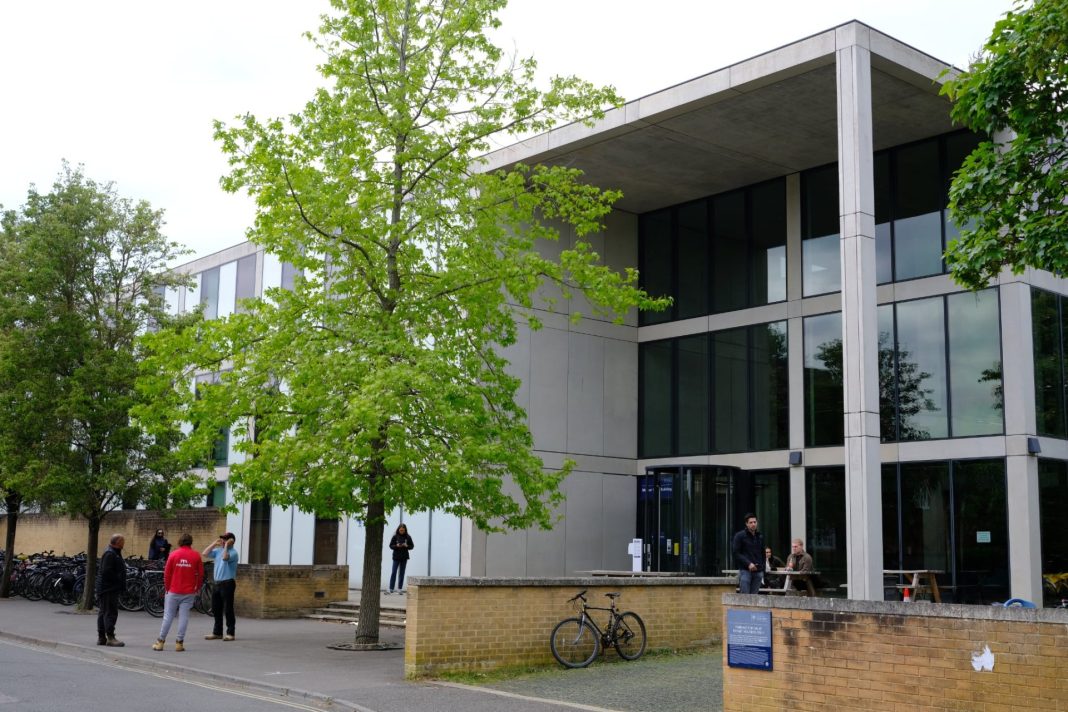Guidance on travel to the US has been shared with all postgraduate students in the Department of Politics and International Relations (DPIR) at Oxford University in light of recent measures which have increased checks on those travelling to the country.
This follows revisions by the UK Foreign Office of its US travel advisory after the detainment of a British national for over ten days at the border.
The document distributed by the DPIR notes that the country’s Customs and Border Protection (CBP) has the authority to examine electronic devices owned by those crossing the border, even those belonging to people not suspected of breaking the law or posing a threat to national security.
It advises students to only bring necessary devices, to remove sensitive data and apps that collect such data from their phones where possible, and to store all important files on a device separate from the one they are travelling with. It also recommends that students do not argue with CBP officers or attempt to interfere with the examinations.
Moreover, Information Security (InfoSec) at Oxford recommends that those considered to be at a high risk of inspection remove Outlook, OneDrive, and other related accounts from their phones and laptops, in order to reduce the likelihood of compromised research integrity or a data breach.
The guidance also encourages those travelling to the US on business to ensure that they have sufficient insurance and to book their flights through authorised channels such as Key Travel. It also recommends that students devote sufficient time to the preparation of their travel applications, as complications relating to the Electronic System for Travel Authorization (ESTA) and visa applications can lead to foreign nationals being denied entry.
In an executive order issued on 20th January, President Trump declared that the Secretary of State would henceforth “vet and screen to the maximum degree possible all aliens who intend to be admitted [to] the United States.”
Following this directive, the Trump Administration revoked the visas of over 1,000 international students across over 280 universities around the country. Additionally, multiple international students and faculty members were forcibly detained by Immigration and Customs Enforcement (ICE) officers.
Those targeted had generally either faced prior criminal charges for offences like speeding and drunk driving or else had publicly expressed views that were critical of Israel. As a consequence, several international students left the US voluntarily owing to their fears that they might ultimately face deportation.
On 25th April, after over 100 lawsuits were filed by the students concerned, the Trump Administration reversed the decision to repeal the visas.
However, the US Justice Department has declared that ICE still has the authority to terminate records on the Student and Exchange Visitor Information System (SEVIS), a database which includes the visa statuses of international students. Moreover, several students, including the activist Mahmoud Khalil, are still being detained and processed for deportation.
The Head of the DPIR, Dave Doyle, told Cherwell: “The travel guidance we issued was in response to queries from students and staff.
“This guidance stressed that the risk of any incident at the US border remains very low but all those travelling to the US should be cognisant of increased enforcement at border points and it pointed travellers to the latest guidance from the University’s Information Security Team.
“Our students and faculty travel all over the world, and we offer all of them the same support as part of our risk assessment and travel insurance procedures.”


